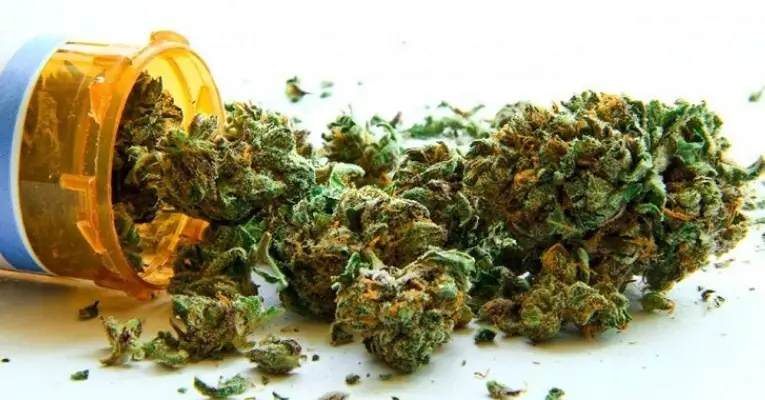News
New Senate Bill Would Legalize Marijuana Nationwide and Erase Possession Charges

A group of Democrats are hoping that they can roll back the war on drugs with a new federal marijuana legalization bill.
Dubbed the Marijuana Justice Act of 2019, the bill would see marijuana finally removed from the federal list of controlled substances, legalizing the plant on a nationwide level and removing a range of obstacles from vendors and purveyors across the United States.
The bill would also expunge the criminal records of anyone who had been charged with possession while also calling for anyone currently incarcerated for the offense to petition for an immediate re-sentencing. Those convicted under prohibition laws would also be provided job training and resources under the act.
The bill was introduced by New Jersey Democratic senator and presidential hopeful Cory Booker and Democratic California Representatives Barbara Lee and Ro Khanna. Booker’s presidential competitors Sens. Bernie Sanders (D-VT), Kamala Harris (D-CA) and Elizabeth Warren have also co-sponsored the bill.
https://twitter.com/SenSanders/status/1101171170005708802
Supporters of the bill have cited the disproportionate impact of cannabis prohibitionist laws on historically oppressed nationalities and communities across the United States, leading to the prosecution and jailing of largely nonviolent cannabis users.
In her statement on the bill published by the National Organization for the Reform of Marijuana Laws (NORML), Lee said:
“In addition to incentivizing states to legalize marijuana, the Marijuana Justice Act seeks to repair some of the damage marijuana prohibition has done to this country’s most vulnerable communities. For those communities that have been economically and socially disenfranchised by overcriminalization and cyclical incarceration, this legislation provides funding to programs focused on youth development, citizen re-entry, job training, health education, and funding for community resources such as public libraries and community centers.“
Booker similarly derided the war on drugs, tweeting:
“The failed War on Drugs has really been a war on people—disproportionately criminalizing poor people, people of color & people with mental illness. I’m reintroducing the #MarijuanaJustice Act to begin reversing our failed federal drug policies.”
Booker has long enjoyed a record of fighting to reform marijuana laws, having introduced a version of the Marijuana Justice Act in 2017. He has promised that federal legalization will be a major focus of his campaign along with criminal justice reform, which he has remarked “means changing our drugs laws. Ending prohibition against marijuana.”
https://twitter.com/CoryBooker/status/1101286454511181824
According to studies by the American Civil Liberties Union (ACLU), there were over eight million marijuana-related offenses in the U.S. between 2001 and 2010 – 88 percent of which were for possession.
The ACLU also found that black people are 3.7 times more likely to be arrested for cannabis possession than white people, despite both groups using the plant at similar rates.
In 1996, California became the first state to legalize cannabis for medical use, and over than 30 states have since done the same. Ten states along with Washington, D.C. have freed the herb almost entirely, allowing adults over 21 to partake in the recreational use of cannabis. However, cannabis remains illegal under U.S. federal law.
A 2018 report by the Drug Policy Alliance found that even in states where marijuana had been legalized, people of color still faced a far greater rate of arrests on marijuana possession charges than their white counterparts.
A recent poll by the Pew Research Center also found that 62 percent of U.S. residents, including 74 percent of millennials, favor an end to the prohibition of cannabis.
In a statement, NORML Political Director Justin Strekal hailed the Marijuana Justice Act, commenting:
“The ongoing enforcement of cannabis prohibition financially burdens taxpayers, encroaches upon civil liberties, engenders disrespect for the law, impedes legitimate scientific research into the plant’s medicinal properties, and disproportionately impacts communities of color.
Communities of color have disproportionately suffered for decades because of our racist enforcement of marijuana laws and that must be addressed in the age of legalization through policies such as the Marijuana Justice Act.
It is time for federal lawmakers to acknowledge this reality. It is time to stop ceding control of the marijuana market to untaxed criminal enterprises, and for lawmakers to amend federal law in a manner that comports with available science, public opinion, and the rapidly changing cultural status of cannabis.”
Typos, corrections and/or news tips? Email us at Contact@TheMindUnleashed.com
